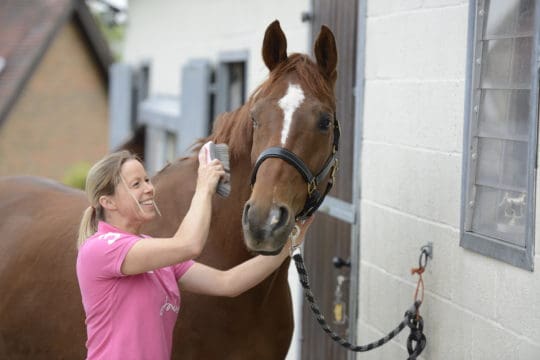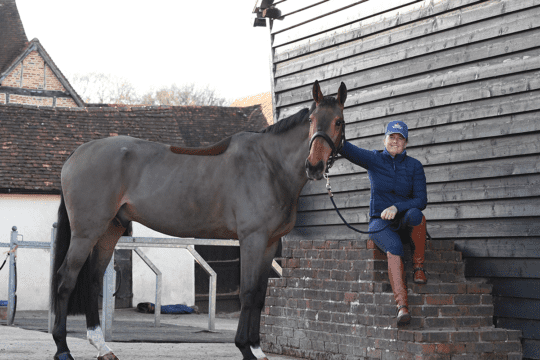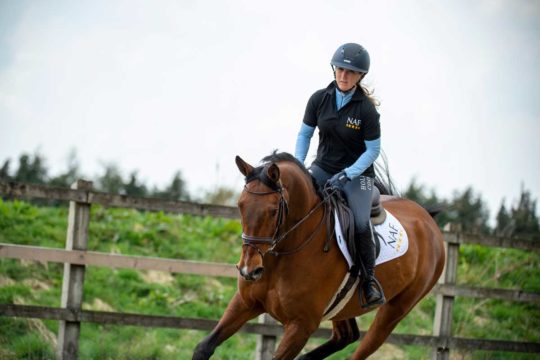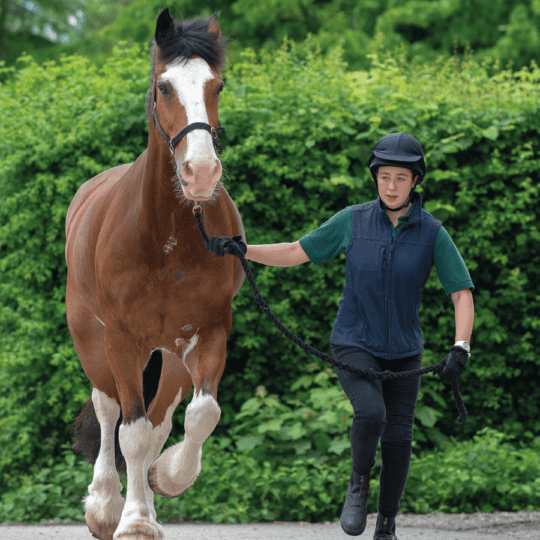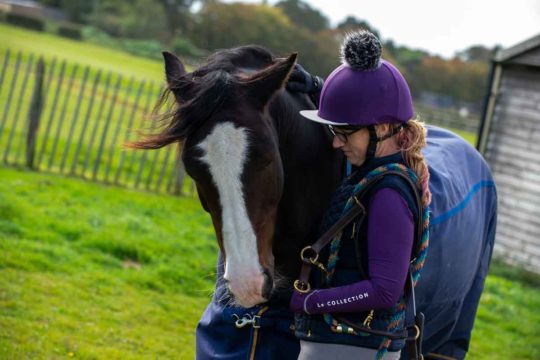
Most Read Articles
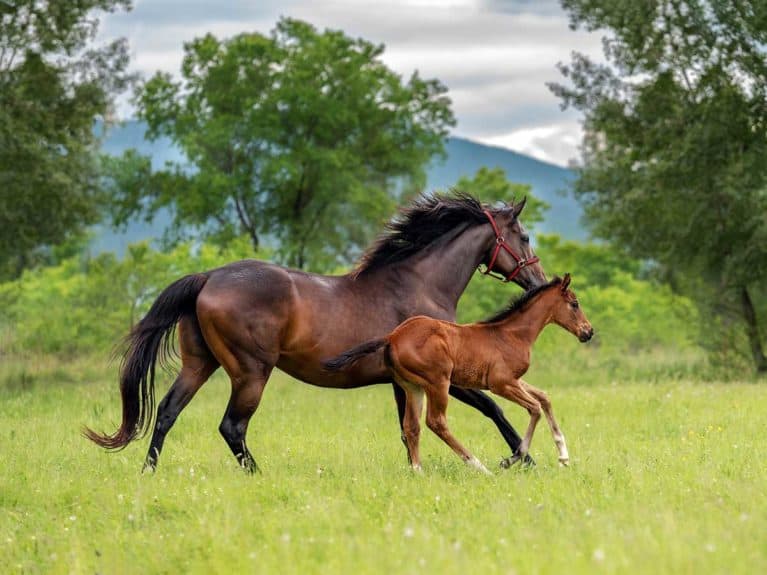
The grant received by The Royal Veterinary College (RVC) will allow researchers to conduct first-of-its-kind study into the impact of early life health and management on a Thoroughbred’s later life and ridden career
It’s been shown in human studies that childhood care and experiences alter someone’s susceptibility to disease and injury in later life – so is the same true of horses? That’s what ground-breaking research being carried out by the RVC aims to find out. In doing so they hope they can address and hopefully prevent so many Thoroughbreds from leaving their racing careers early because of injury or illness.
The team, led by Rebecca Mouncey, a veterinary surgeon and post-doctoral researcher at the RVC, believe that early life care of horses can alter the development of bones, joints and tendons as well as susceptibility to disease. They’ll be monitoring a group of Thoroughbreds born in 2019 and 2020 and recording their veterinary history, turn out, exercise, illness instance and any other routine care they receive. This data will then be analysed alongside records of the horses’ sales, training and racing outcomes allowing the research team to build a statistical model to reveal the following….
- the proportion of horses that enter training and racing and the proportion of those that don’t, along with the reasons why
- the effect of early-life health and exercise on a horse’s training and performance
- the cost of Thoroughbred production and stud farm profitability
- the financial impact of disease and injury that occur early in a horse’s life
Commenting on her research, Rebecca said: “The findings will enable optimisation of stud farm practices with the aim of steering foals’ development towards greater resistance to musculoskeletal injury and disease. They’ll also help to formulate cost-effective strategies that improve Thoroughbred health, welfare and the financial sustainability of stud farms. Importantly, the work also aligns with several key priorities outlined in the Horse Welfare Board’s strategy for the welfare of horses bred for racing.”
As well as this, the findings will help the Thoroughbred breeding industry to decide priorities and goals. It will also indicate other knowledge gaps and where more research is needed.
To find out more about The Royal Veterinary College and their research, visit rvc.ac.uk

